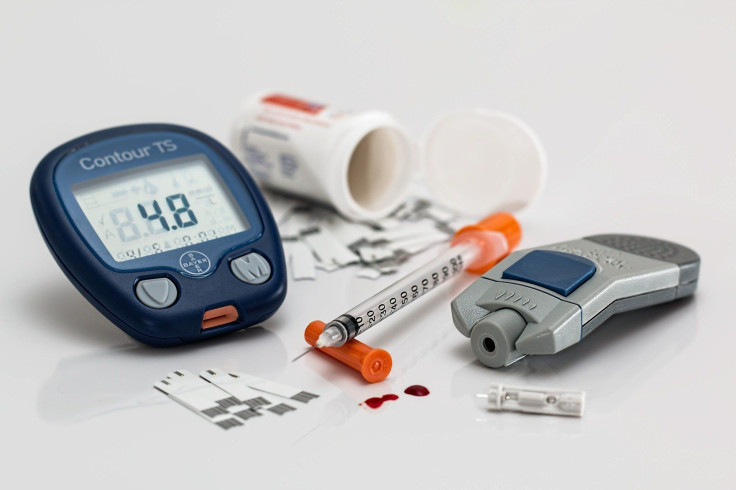How To Regulate Your Blood Sugar Levels Amid Coronavirus Crisis

While there isn’t enough evidence to prove that diabetic people are more at risk for contracting the COVID-19, one thing’s for sure: complications may rise once you get infected. Having uncontrolled diabetes contributes to the overall aggravation of the symptoms that the coronavirus gives its host.
However, maintaining a well-balanced, diabetes-specific diet increases your chances of not getting the disease, and if you do, it makes your overall prognosis better.
How To Regulate Blood Sugar Levels Amid Coronavirus Crisis
Stock up on your medications
For diabetic people, maintaining blood sugar levels is an essential part of treatment. Sometimes, patients experience both hyperglycemia (increased blood sugar) and hypoglycemia (decreased blood sugar), so people need to prepare themselves for these situations. Make sure you have adequate sources of insulin (insulin pens or vials) as well as glucose tablets by asking your doctor or supplier.
Stay on the healthy side
To be able to maintain and control diabetes, it takes more than just avoiding the sweet stuff. You have to live a healthy and sustainable lifestyle. Although it may be tempting to live a sedentary lifestyle while on lockdown, train your mind to schedule at least 30 minutes to an hour of exercise each day. In line with this, choose foods that are rich in vitamins, minerals, and, of course, low in glucose levels.
Stay hydrated
Water helps your kidneys flush out excess waste, and this also applies to sugar levels. Having increased glucose levels can result in dehydration, which can then trigger a domino effect of unwanted reactions. Make sure you have a bottle of water on hand. You may also set alarms on your phone to remind you to drink fluids every hour.
Consult your doctor
While the coronavirus pandemic can induce worry and anxiety, keep in mind that you have the right to contact your doctor about this. If you think you won’t be able to sustain this kind of living, ask for advice regarding alternatives and what small steps you can take to start controlling diabetes. Voice out everything that worries you, and discuss thoroughly the things you need to do.
Whether in a crisis or not, always prioritize your health. Think ahead and plan out the things that you need to do to survive and adapt to the current situation.



























